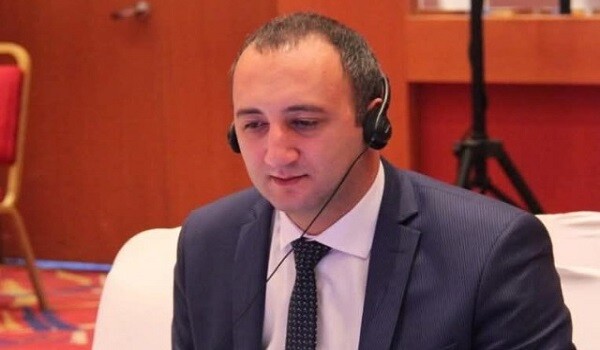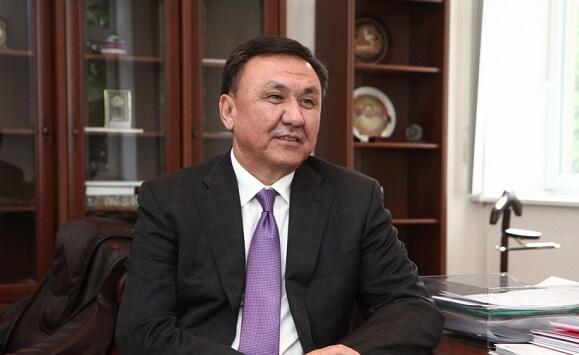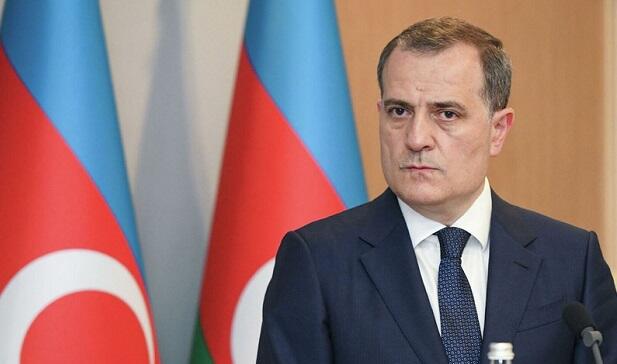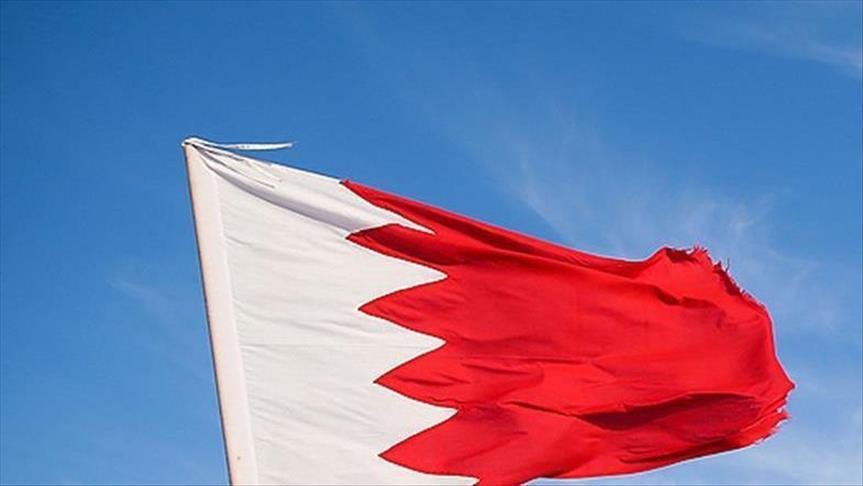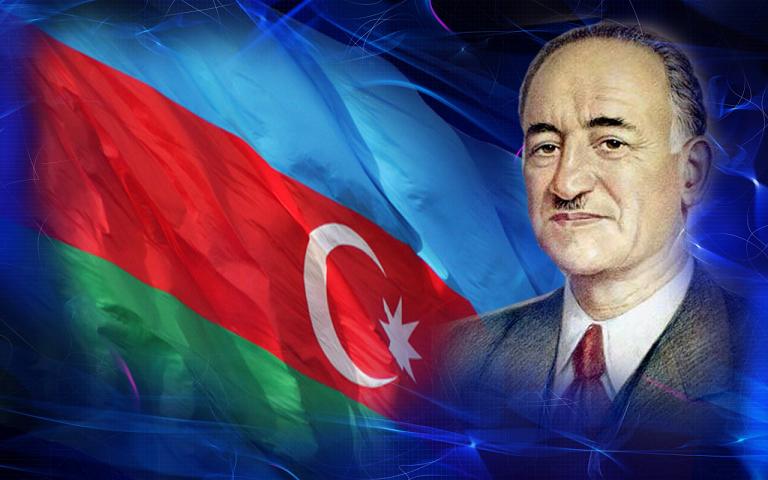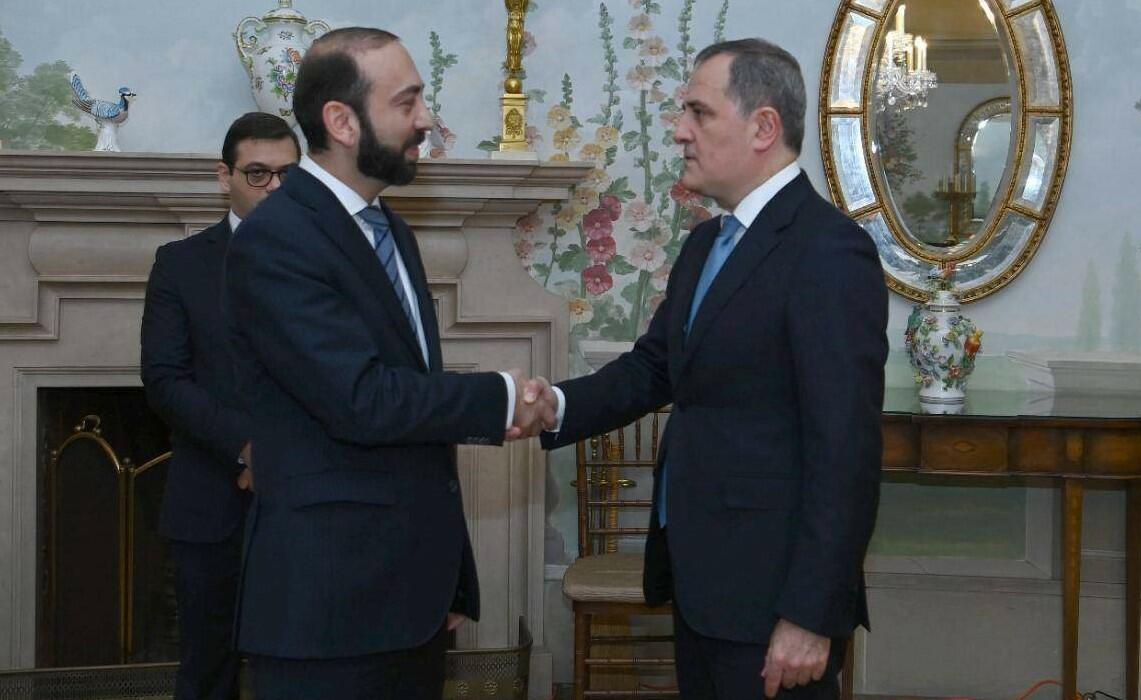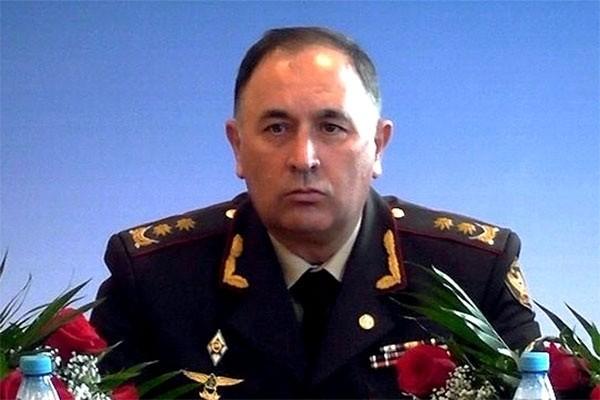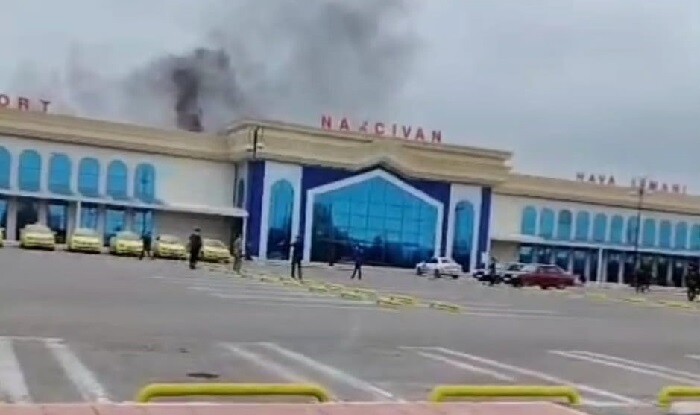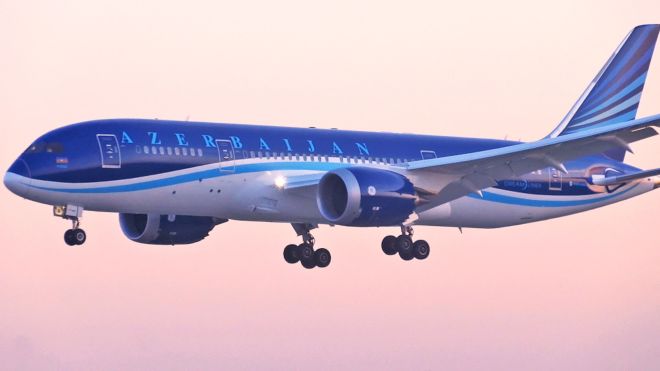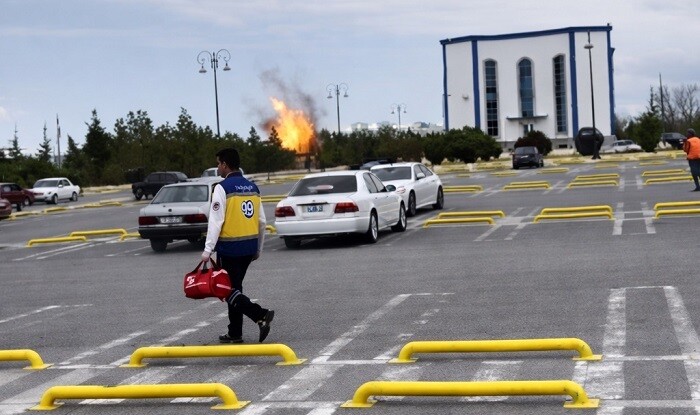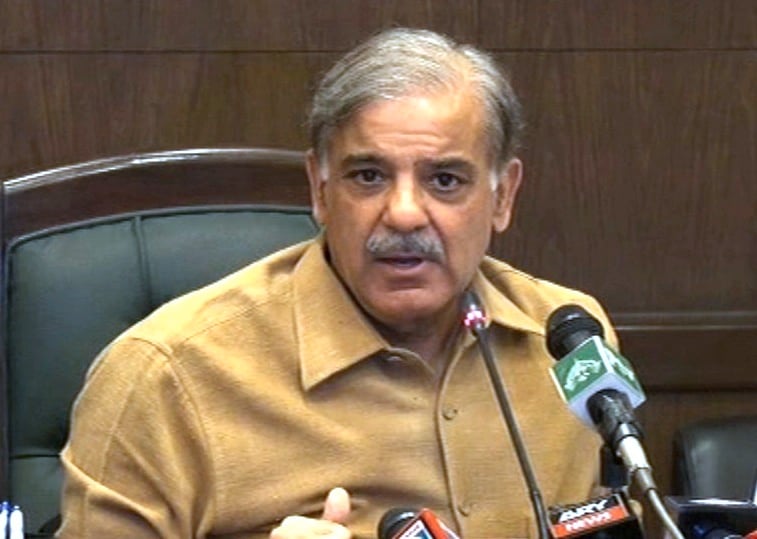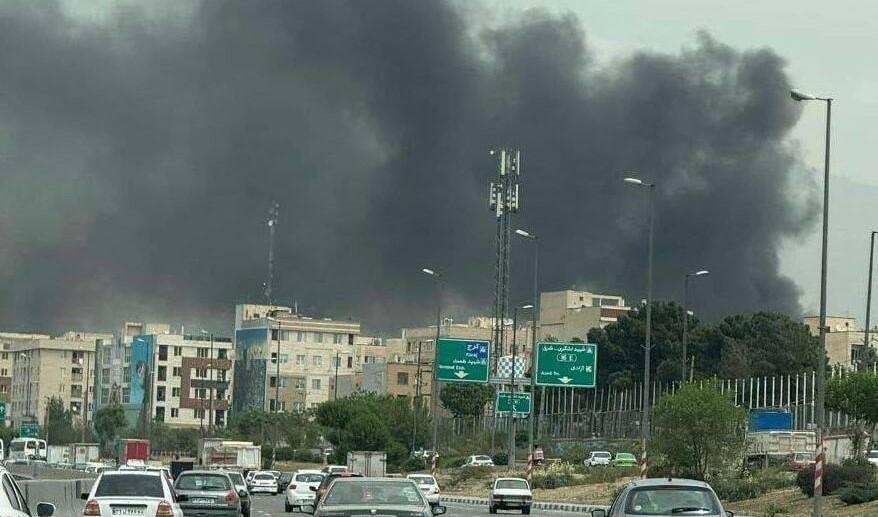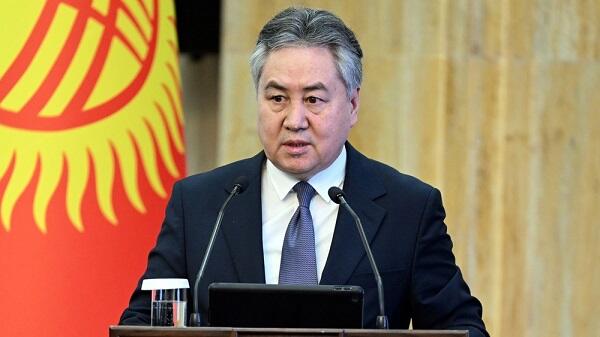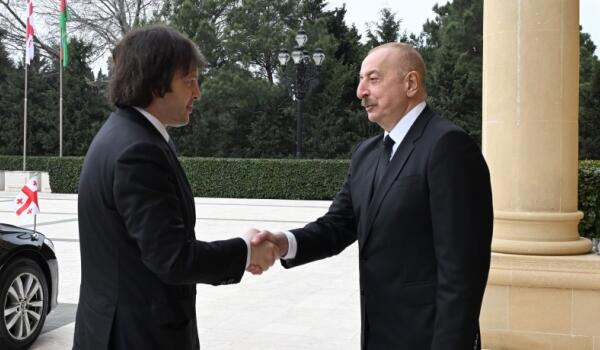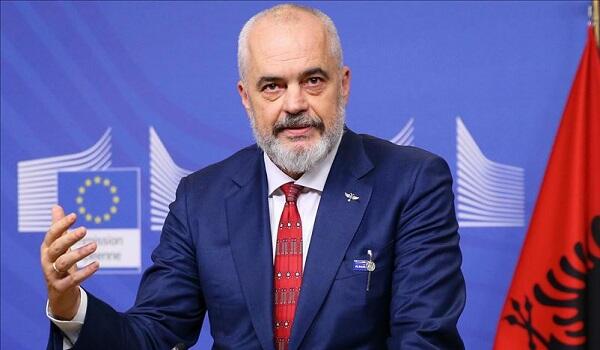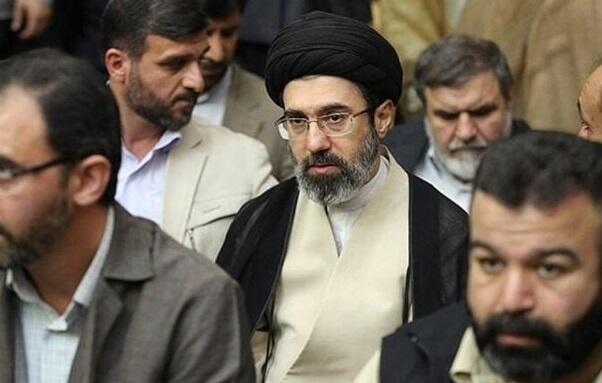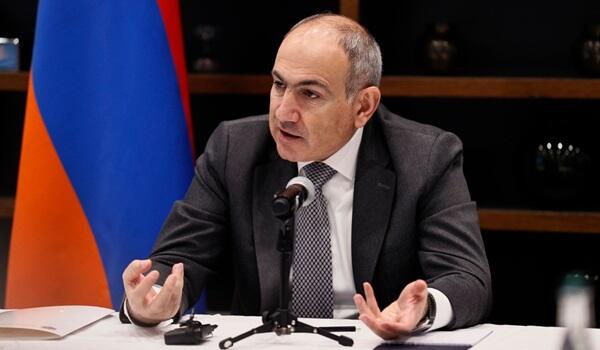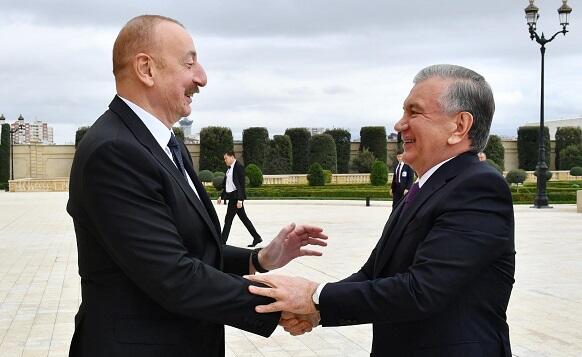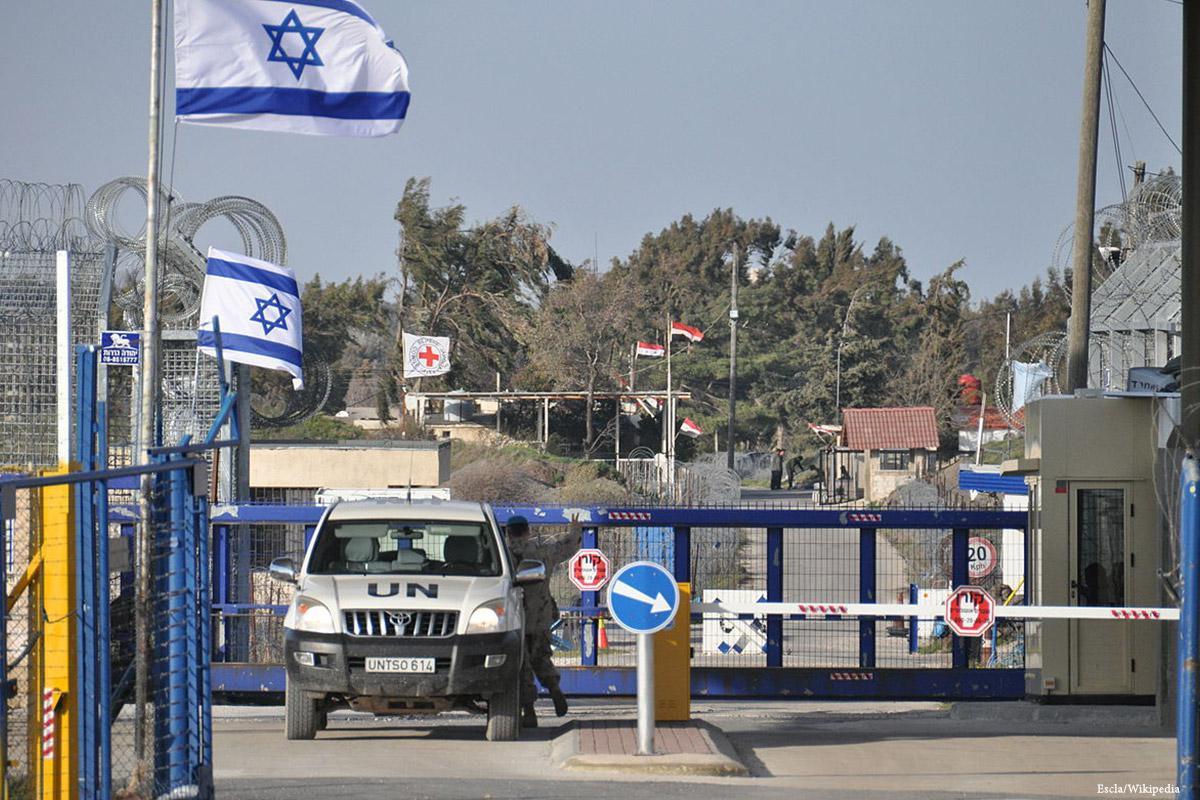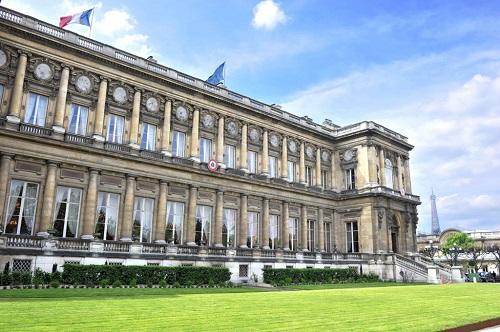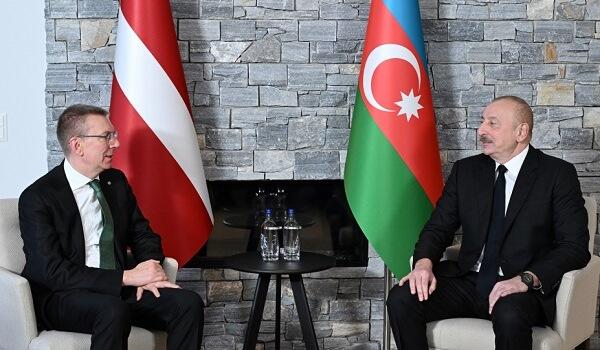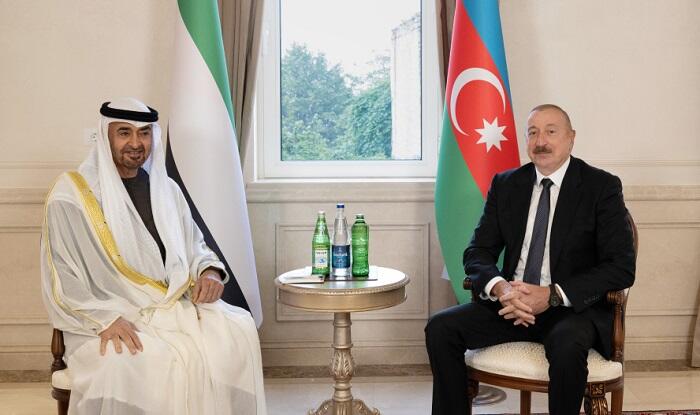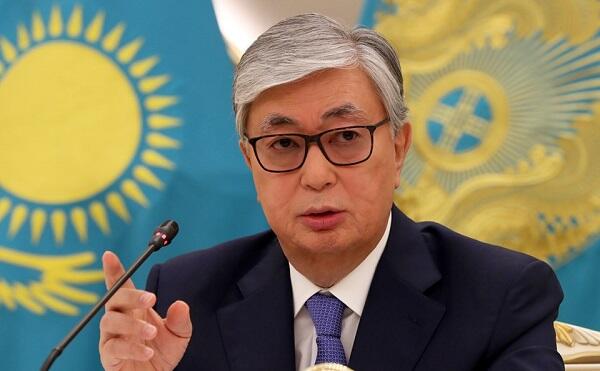Axar.az presents the article "A promising regional integration platform might emerge from the South Caucasus" by Andrew Korybko.
Azerbaijan's victory in the Patriotic War created the historic opportunity to create a promising regional integration platform in the South Caucasus. President Aliyev proposed the creation of this framework after holding talks with his Turkish counterpart in Baku on Thursday. The day after, President Erdogan revealed that President Putin had a positive view towards this initiative, which the Turkish leader also said could include Armenia, Georgia, and Iran as well. If successfully created, this platform would greatly benefit the region.
It's important to draw attention to the strategic significance of this proposal. President Aliyev's idea would bring together NATO countries like Turkey, CSTO ones such as Russia and Armenia, and militarily neutral ones like Azerbaijan, Georgia, and Iran. The only precedents for this are the OSCE and SCO, yet neither of them successfully resolved a conflict between some of their members like what recently happened in the South Caucasus.
Azerbaijan, Armenia, Russia, and Turkey were all involved to varying degrees in the latest conflict, while Georgia and Iran couldn't help but keep a close eye on events since they involved two of their most important neighbours. Baku's glorious victory, facilitated by Moscow's efforts to convince Yerevan to finally surrender during its hopeless war, has opened up a new opportunity for all of the relevant countries. Instead of being divided by the former Nagorno-Karabakh conflict, they can now all become closer together because of it.
That conflict was cancer in the region which served the purpose of dividing and ruling it to the benefit of external actors which sought to exploit regional differences over that emotive issue. Now that it's been successfully resolved after Azerbaijan's territorial integrity was restored in line with four existing UNSC Resolutions on the matter, the prior Balkazanization process that first began with that conflict might finally be reversed.
Differences obviously remain between Russia and Georgia over the political status of Abkhazia and South Ossetia, but just like the SCO's new member states of India and Pakistan agreed not to bring their bilateral disputes into that multilateral forum, so too might Moscow and Tbilisi agree to do the same for pragmatic reasons so that they can focus on regional economic integration instead. After all, the South Caucasus is an extremely geostrategic region whose potential wasn't ever fully taken advantage of because of Armenia.
That landlocked country always had the chance to become a land-linked one (to channel similarly landlocked Laos' recent rebranding of its geostrategic potential), but it refused to do so because it instead chose to continue illegally occupying Azerbaijan's universally recognized territory. Nevertheless, regional economic integration processes still proceeded, albeit without it as evidenced by the Azerbaijan-Georgia-Turkey corridor which forms a crucial component of the Chinese-Turkish Middle Corridor between them and Central Asia.
Russia also didn't let the previously unresolved conflict impede its regional economic integration plans either after it continued to move ahead with the North-South Transport Corridor between itself, Azerbaijan, and Iran. Provided that Armenia joins President Aliyev's proposal, which might become more possible with its Russian ally's influential urging behind the scenes, then these two perpendicular projects can converge into a unified whole that would greatly serve the interests of all six nations' peoples.
Sir Halford Mackinder's geopolitical postulations from the beginning of the last century are widely interpreted nowadays as correctly identifying the strategic importance of Central Asia as the Eastern Hemisphere's Heartland, yet the nearby South Caucasus is arguably connected to it by reasons of geography, culture, and history so there's no reason why it can't also be included into this concept in the present century. In fact, the pair of Central Asia and the South Caucasus as the New Heartland would be more geostrategically accurate.
With this in mind, what President Aliyev proposed with reference to his regional integration platform is nothing short of revolutionary in the geostrategic sense. Azerbaijan's visionary leader isn't just seeking to advance his own nation's interests, but crucially understands that they're intimately linked to its neighbour's too. This embodies the win-win paradigm of cooperation that China has popularized across the world, and could soon turn the South Caucasus into the next global investment hot spot if his plans succeed.
